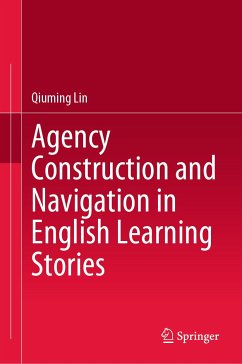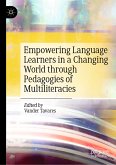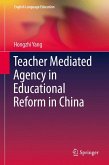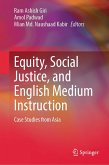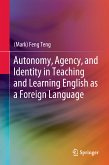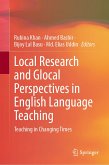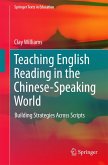This book presents a longitudinal research which covers a linguistic approach to understand and observe language learner agency. It makes connections between agency in discourse analyses and agency in applied linguistics by examining how learner agency is manifested in autobiographic oral narratives and influenced by contextual factors. This book also demonstrates that agency is not a fixed entity that English learners possess, but a dynamic construct constantly negotiated by the learners with the social world. It is the result of their identity positioning and repositioning within a complex and ever-changing context. Learner identities, either actual or imagined, are significantly correlated with their investment in English and their English learning process.
This book sheds new light on teaching English as a foreign language and gives inspirations for enhancing English learners' agency in contemporary context of China. As learner agency shouldbe treated in a dynamic and process view, a low level of agency manifested in a particular period or in a certain context may not necessarily persist in later periods or extend to other contexts. Provided with supportive contextual conditions and taking on positive and powerful identities, language learners are well on the course for higher levels of agency.
Dieser Download kann aus rechtlichen Gründen nur mit Rechnungsadresse in A, B, BG, CY, CZ, D, DK, EW, E, FIN, F, GR, HR, H, IRL, I, LT, L, LR, M, NL, PL, P, R, S, SLO, SK ausgeliefert werden.

